The ketogenic diet has gained popularity as a low-carbohydrate, high-fat dietary approach that aims to shift your body into ketosis—a metabolic state where you burn fat for fuel instead of carbohydrates. For those starting this diet, knowing which foods fit the plan is critical for success.
Understanding Keto Diet Basics
The standard ketogenic diet typically includes:
- 70-80% calories from fat
- 15-25% calories from protein
- 5-10% calories from carbohydrates
This usually means limiting carb intake to 20-50 grams per day, depending on individual factors like activity level and metabolism.
Foods to Include on Your Keto Diet
Healthy Fats
Fats form the foundation of ketogenic eating:
- Olive oil
- Coconut oil
- Avocado oil
- Butter and ghee (clarified butter)
- MCT oil
- Lard
- Tallow
- Avocados
- Cacao butter
Protein Sources
Moderate protein consumption is part of the keto approach:
- Beef (preferably grass-fed)
- Pork
- Lamb
- Poultry (chicken, turkey, duck)
- Fish (salmon, mackerel, sardines, trout)
- Shellfish (shrimp, crab, lobster)
- Eggs
- Organ meats (liver, heart, kidneys)
- Bacon (uncured, no added sugar)
- Full-fat cottage cheese
- Full-fat Greek yogurt (in moderation)
Low-Carb Vegetables
Not all vegetables work with keto, but these low-carb options do:
- Leafy greens (spinach, kale, lettuce)
- Broccoli
- Cauliflower
- Zucchini
- Cabbage
- Asparagus
- Cucumber
- Celery
- Bell peppers (in moderation)
- Mushrooms
- Brussels sprouts
- Green beans
Nuts and Seeds
These provide healthy fats but contain some carbs, so portion control matters:
- Macadamia nuts
- Brazil nuts
- Pecans
- Walnuts
- Almonds (in moderation)
- Flaxseeds
- Chia seeds
- Hemp seeds
- Pumpkin seeds
- Sunflower seeds
Dairy Products
Full-fat dairy can fit into keto, but watch for added sugars:
- Cheese (cheddar, goat, blue, mozzarella, cream cheese)
- Heavy cream
- Sour cream
- Butter
- Full-fat plain Greek yogurt (small amounts)
Berries
While most fruits are too high in carbs, certain berries can fit in small amounts:
- Blackberries
- Raspberries
- Strawberries
- Blueberries (very limited quantities)
Beverages
- Water
- Black coffee
- Unsweetened tea
- Bone broth
- Diet sodas (occasionally, though not ideal)
- Unsweetened almond milk or coconut milk
Condiments and Seasonings
- Salt
- Pepper
- Herbs (basil, oregano, rosemary, thyme)
- Spices (cumin, paprika, turmeric)
- Mustard (check for added sugars)
- Mayonnaise (no added sugars)
- Hot sauce (check labels for sugars)
- Vinegar (most types except balsamic)
- Lemon/lime juice (small amounts)
Foods to Avoid on Keto
Knowing what not to eat is just as important as knowing what to include:
High-Carb Foods
- Grains (wheat, rice, corn, oats)
- Products made from grains (bread, pasta, cereal, crackers)
- Sugar (table sugar, honey, maple syrup, agave)
- Most fruits (except limited berries)
- Starchy vegetables (potatoes, sweet potatoes, carrots)
- Legumes (beans, lentils, chickpeas)
- Most condiments (ketchup, BBQ sauce, sweet dressings)
Sugar-Containing Items
- Candy
- Cakes
- Cookies
- Ice cream
- Soda
- Fruit juices
- Sports drinks
- Flavored yogurts
Processed “Low-Carb” Products
Use caution with foods labeled “low-carb”:
- Many contain hidden sugars
- Some use sugar alcohols that can affect ketosis in some people
- Always check nutrition labels
Creating a Keto Meal Plan
Structuring your meals helps maintain ketosis while getting adequate nutrition:
Breakfast Options
- Eggs with avocado and bacon
- Keto smoothie with coconut milk, protein powder, and berries
- Cheese and egg muffins with spinach
- Chia seed pudding made with unsweetened almond milk
- Coffee with heavy cream and/or MCT oil
Lunch Options
- Salad with grilled chicken, avocado, and olive oil dressing
- Lettuce wraps with tuna/chicken salad
- Cauliflower soup with heavy cream
- Zucchini noodles with pesto and grilled salmon
- Keto bowl with greens, meat, cheese, and olive oil
Dinner Options
- Steak with buttered vegetables
- Baked salmon with asparagus
- Bunless burgers with avocado and cheese
- Roasted chicken with broccoli
- Pork chops with cauliflower mash
Snack Options
- Hard-boiled eggs
- Cheese slices or cubes
- Handful of nuts
- Celery with cream cheese
- Olives
- Beef jerky (sugar-free)
- Pork rinds
- Half an avocado
Practical Tips for Keto Shopping
For successful keto eating:
- Shop the perimeter of grocery stores (where fresh foods are located)
- Read nutrition labels carefully
- Focus on whole, unprocessed foods
- Plan meals ahead to avoid impulse purchases
- Buy in bulk when possible for cost savings
- Consider frozen vegetables for convenience
- Stock up on keto staples during sales
Nutritional Considerations
While following keto, pay attention to:
- Micronutrients – Green vegetables help prevent deficiencies
- Salt intake – You may need more sodium on keto
- Magnesium and potassium – Critical for preventing keto-related fatigue
- Fiber – Include adequate non-starchy vegetables
- Hydration – Drink plenty of water
Final Thoughts
The ketogenic diet restricts many common foods but still offers plenty of delicious options. By focusing on natural fats, quality proteins, and non-starchy vegetables, you can create satisfying meals while maintaining ketosis.
Starting keto requires learning new cooking approaches and food choices, but many find the adjustment period leads to sustainable eating patterns. Keep this food list handy when shopping, meal planning, and dining out to help maintain your ketogenic lifestyle.
Remember that individual carbohydrate tolerance varies, so you may need to adjust your specific food choices to maintain ketosis based on your body’s response. Tracking your macros initially can help you learn which foods work best for your personal keto journey.
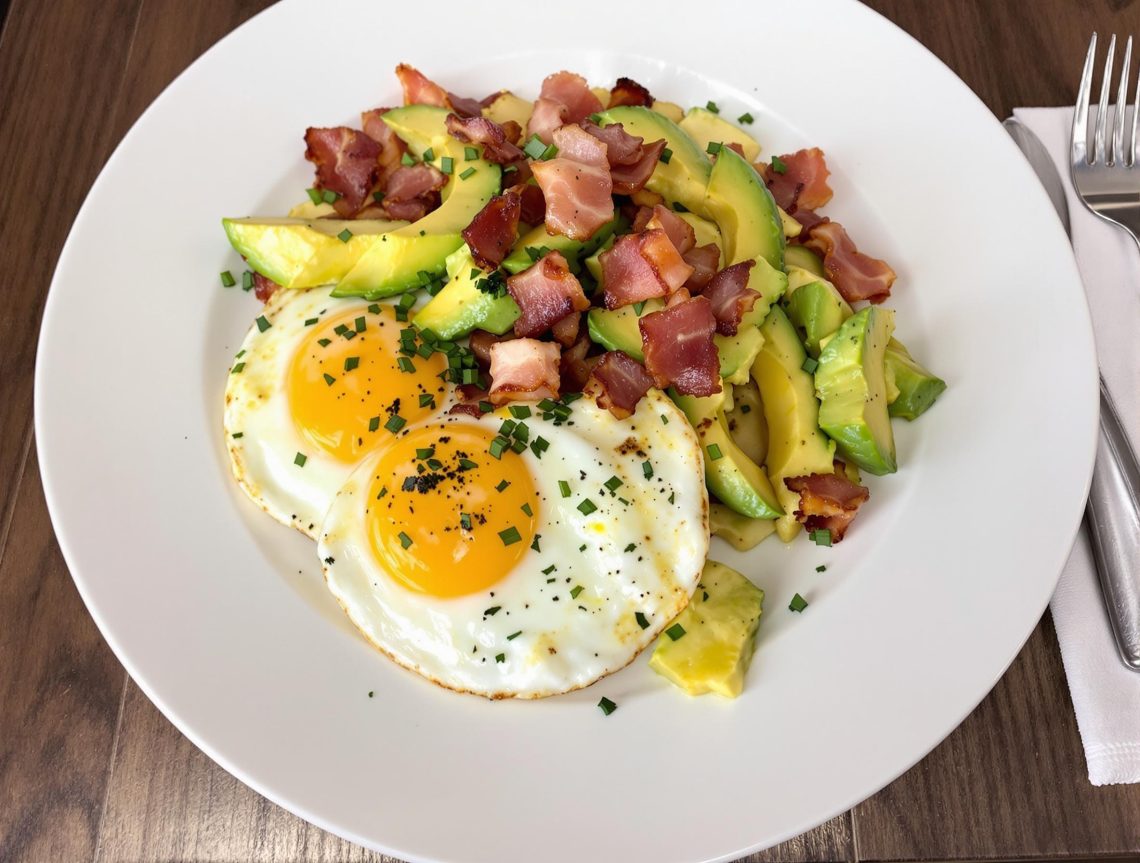
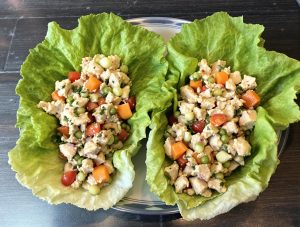


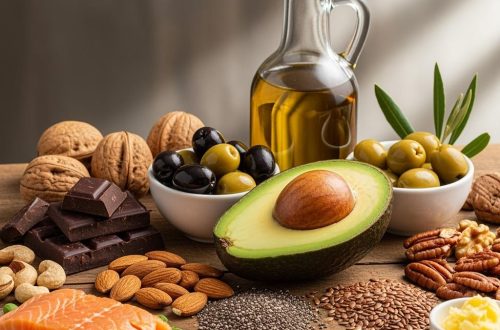
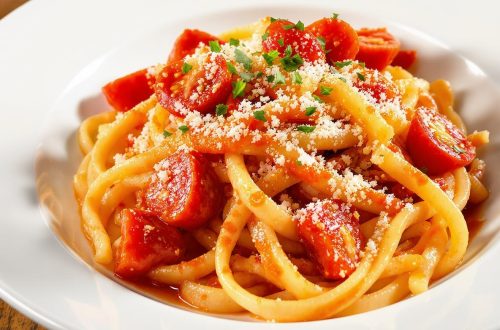
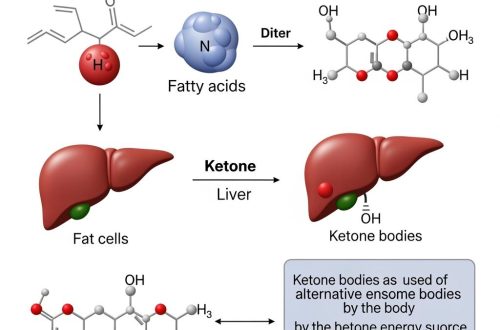
One comment on “What Foods Can I Eat on the Keto Diet?”
Comments are closed.